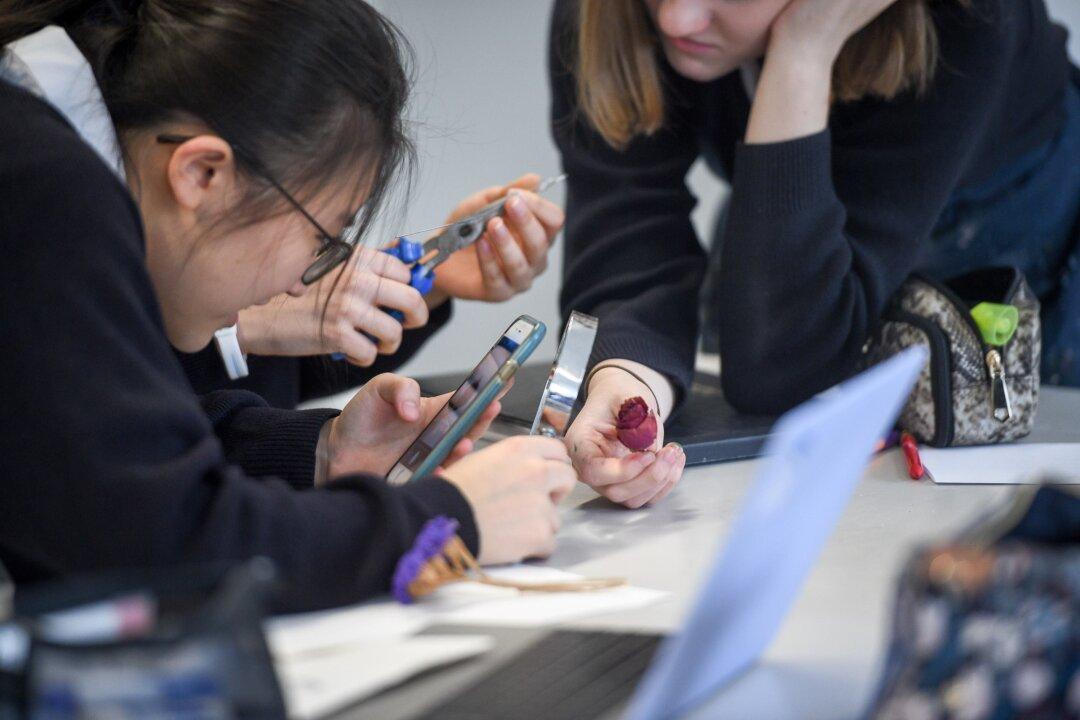Smartphones should be banned in schools because too many children are using them to watch pornography or take inappropriate pictures or videos of girls, MPs have been told.
The House of Commons Women and Equalities Committee has been examining the Relationships, Sex, and Health Education (RSHE) curriculum and as part of that review, it heard from a number of experts and campaign groups on Wednesday.





